Iran's presidential hopefuls and their role during Sacred Defense and its aftermath
By Alireza Akbari
Six candidates are running for Iran’s presidency with diverse backgrounds, roadmaps, and strategies. However, they share a common thread: notable contributions to Iran’s Sacred Defense and its aftermath.
One such figure is parliament speaker Mohammad Baqer Qalibaf, a frontrunner in opinion polls conducted in recent days, who joined the national service at the young age of 18.
Rising through the ranks, Qalibaf assumed command of the Imam Reza Brigade in 1982 during the war that the Iraqi Baathist regime, backed by Western countries, imposed on the Islamic Republic.
He subsequently became the chief commander of the Nasr Division from 1983 to 1984.
In July 1988, shortly before the eight-year war ended, he took charge as the managing director of the Khatam al-Anbia Central Headquarters, an engineering entity overseen by the Islamic Revolution Guards Corps (IRGC).
In the years that followed, Qalibaf’s ascent continued, and in October 1997, he became the commander of the IRGC Air Force under an order by Leader of the Islamic Revolution Ayatollah Seyyed Ali Khamenei.
Another contender in the upcoming election, Saeed Jalili, a former nuclear negotiator and chief of the Supreme National Security Council, also actively served during the imposed war.
Serving within the ranks of the 21st Imam Reza Brigade, Jalili bore the scars of battle, sustaining severe injuries during Operation Karbala 5 in 1986, which resulted in the amputation of his right leg.
He went on to assume important political, diplomatic, and security roles after the war. He currently serves as a member of the Expediency Discernment Council, appointed by the Leader.
Who's who: A brief look at presidential candidates #IranVotes2024 pic.twitter.com/Wg0YeN9mcJ
— Iran Election 2024 (@PressTVElection) June 13, 2024
Masoud Pezashkian, a veteran parliamentarian who once held the office of deputy parliament speaker, also took an active part in the Sacred Defense of the country as a medic.
With a background in medicine, Pezashkian oversaw the deployment of medical students to the frontlines during the war, simultaneously assuming the roles of combatant and healer.
Likewise, Alireza Zakani, the mayor of Tehran and former lawmaker, also responded to the call during the imposed war, volunteering his services on the battlefield for five years.
Enduring injuries to his hands, legs, and neck, Zakani's involvement on the frontlines epitomized the spirit of sacrifice and resilience that defined that tumultuous chapter in Iran's post-revolution history.
He was actively involved in irregular warfare operations within the headquarters of the Muhammad Rasulullah and Seyyed-al-Shohada Divisions and also undertook missions in sabotage units.
Mostafa Pourmohammadi, the former minister for interior affairs and justice, recently shared his experiences of the Sacred Defense era.
He recounted a critical event towards the end of the war, where the MKO terrorist cult orchestrated a heinous plot aimed at perpetrating a mass slaughter of Iranians and capturing individuals.
Momentum builds for June 28 vote as candidates outline programs, strategies #IranVotes2024 https://t.co/FGLN1MUmHp
— Iran Election 2024 (@PressTVElection) June 15, 2024
In response, the volunteer soldiers of the Islamic Republic decisively crushed the nefarious plot.
On July 26, 1988, the MKO, a key ally of the Iraqi Baathist regime, launched an assault aimed at destabilizing and overthrowing the Islamic Republic.
In a swift and decisive response, Iran's military’s counteroffensive codenamed Operation Mersad, dealt a significant blow to the MKO forces and resulted in over 4,800 casualties among their ranks.
Amir-Hossein Ghazizadeh Hashemi, a former lawmaker and the head of the Foundation of Martyr and Veterans Affairs, has significantly contributed to the welfare of Iranian martyrs' and veterans' families.
Under his leadership, the foundation provides financial assistance in the form of loans to disabled veterans and the families of fallen soldiers, offering support to those who gave everything to Iran.
During the Sacred Defense era, he was a young student who took active part in war-related activities.
Whether as commanders, soldiers, or medics, all of these candidates have demonstrated unwavering dedication and selflessness in their commitment to safeguarding the nation and upholding its ideals, epitomizing the spirit of sacrifice and service for the Islamic Republic of Iran.
US federal immigration agents detain 5-year-old boy in Minnesota
Trump used presidency to pocket $1.4 billion in first year back in office: Report
EU divided over new Iran sanctions
China hits US with economic counteroffensive after Maduro’s abduction: Report
Ben-Gvir arms more Israeli settlers amid rising violence in West Bank
'Hands on trigger': IRGC warns US and Israel against any miscalculation
VIDEO | US and Israel’s failed terrorism
After Venezuela, Trump sets sight on Cuba for 'regime change': Report


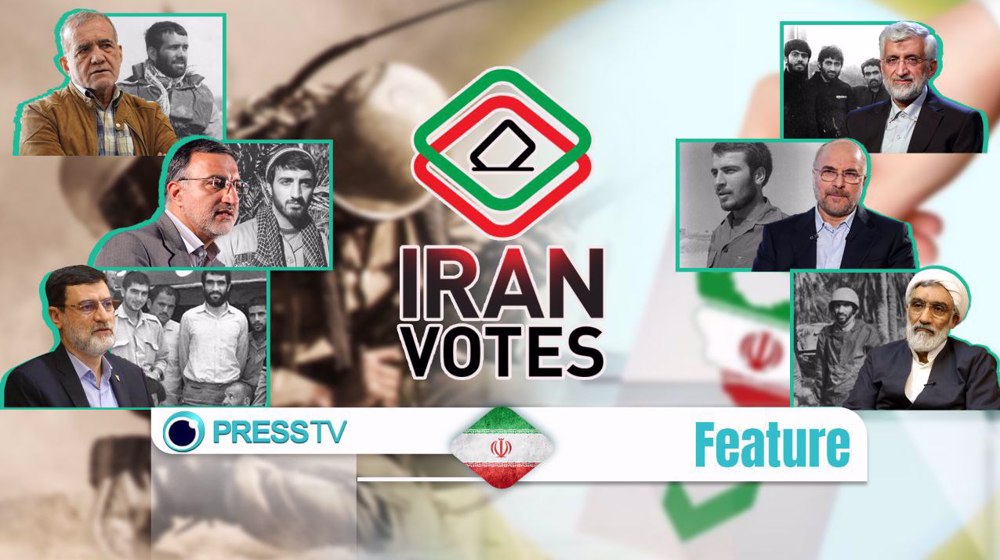
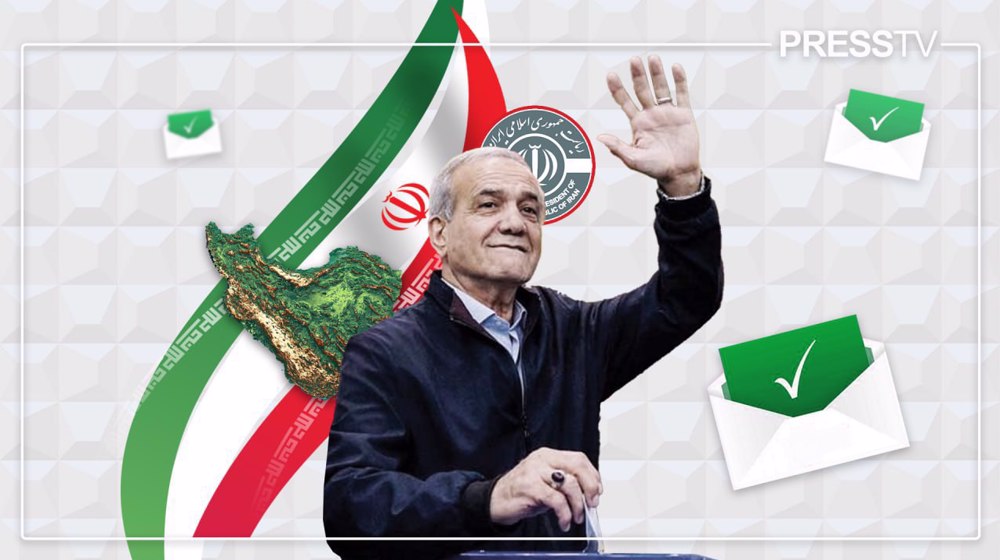
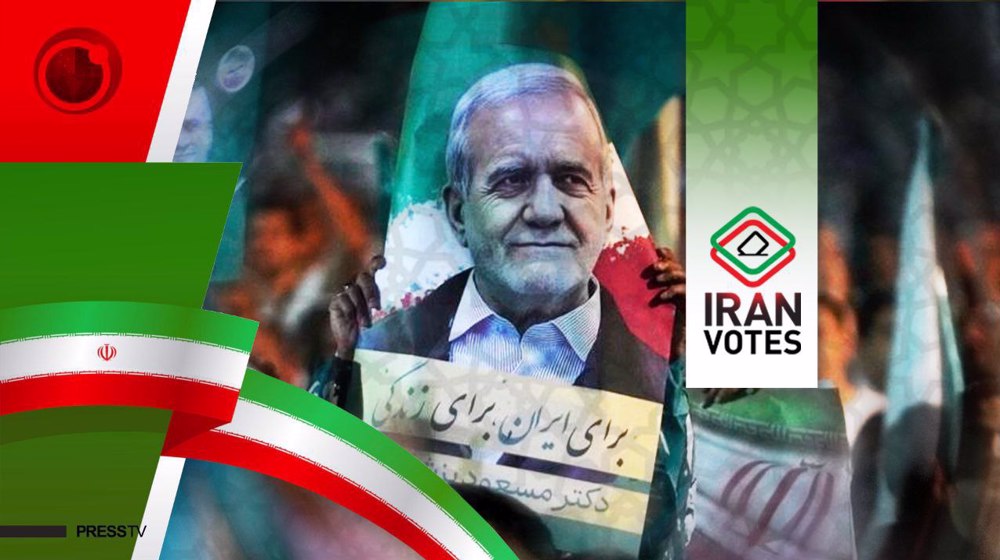
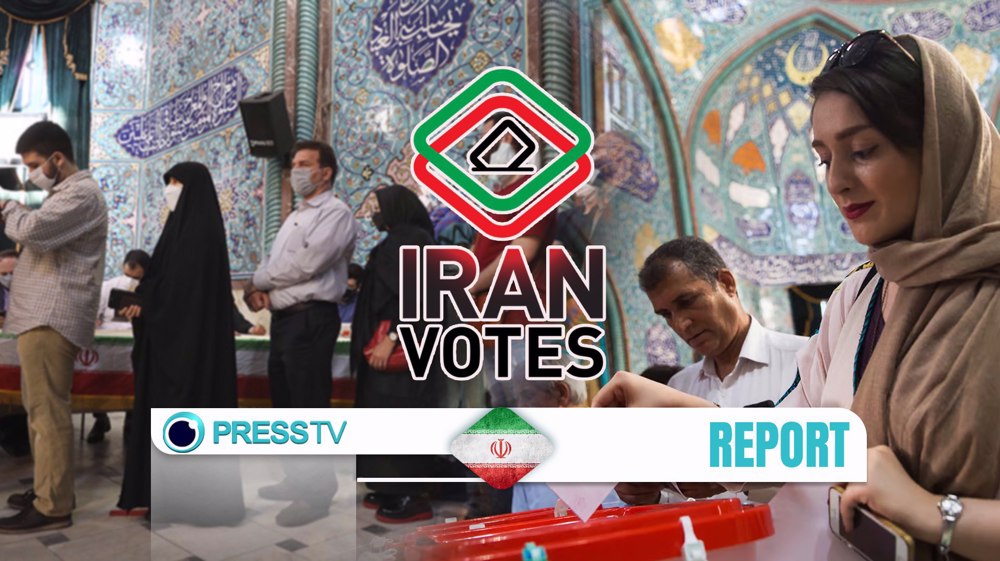



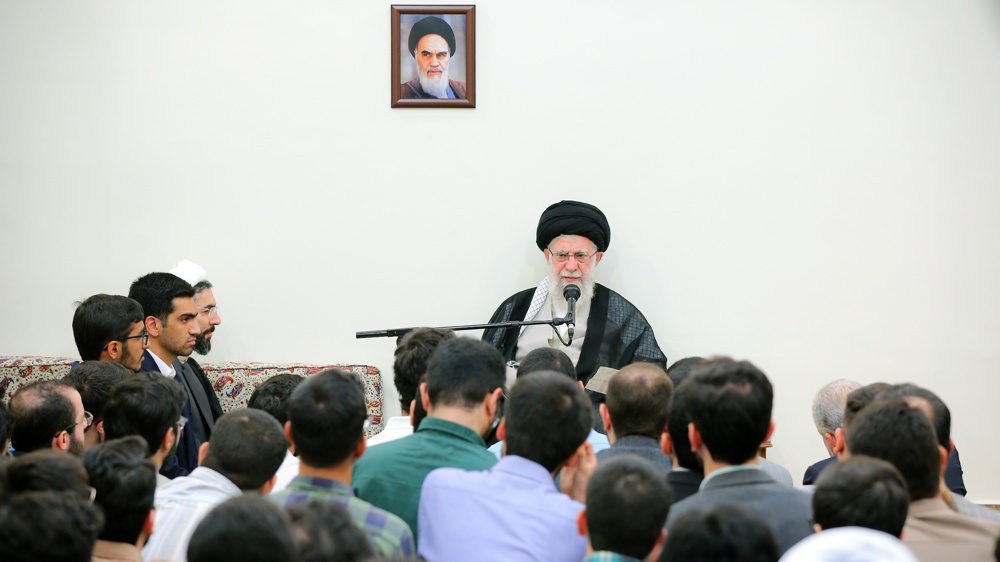
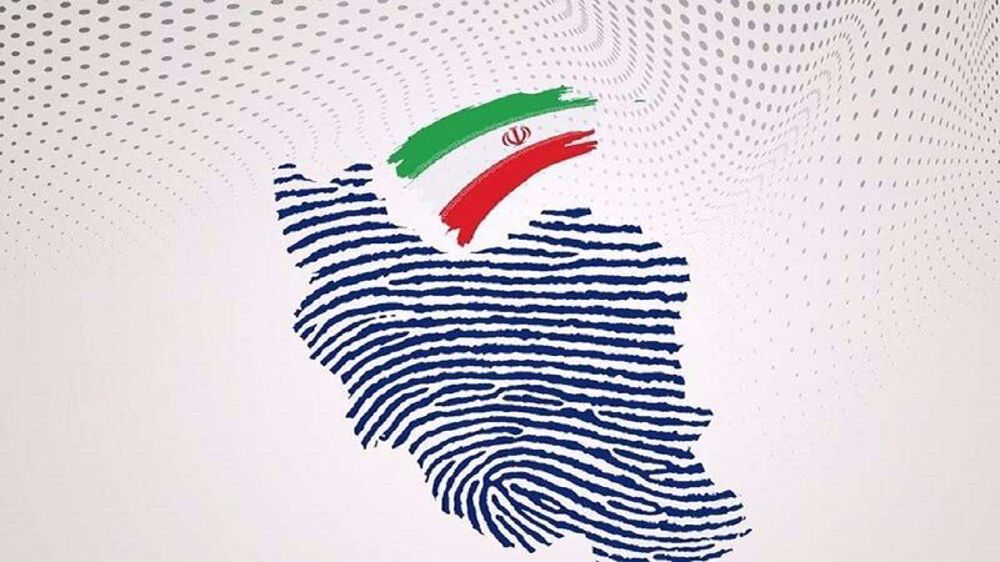
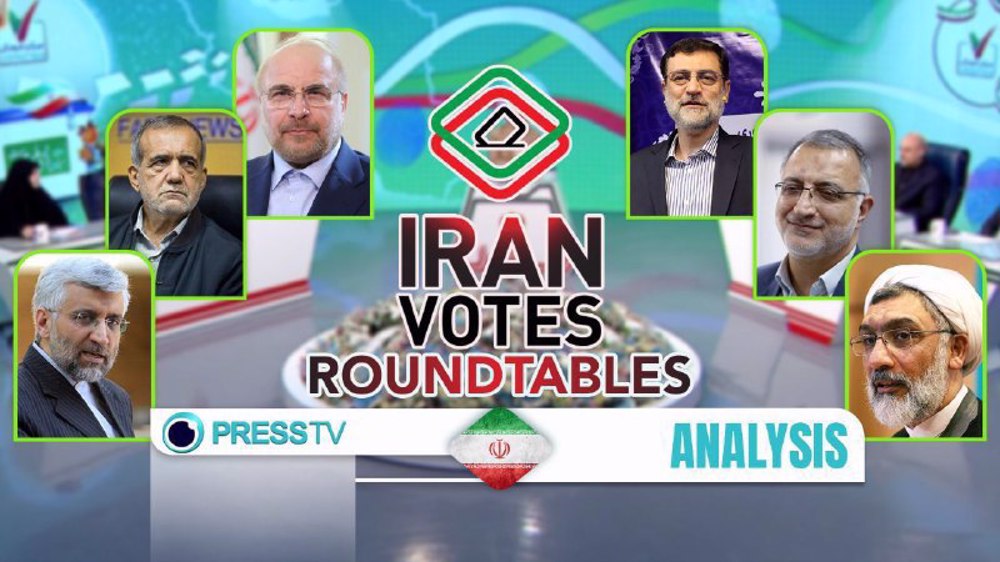
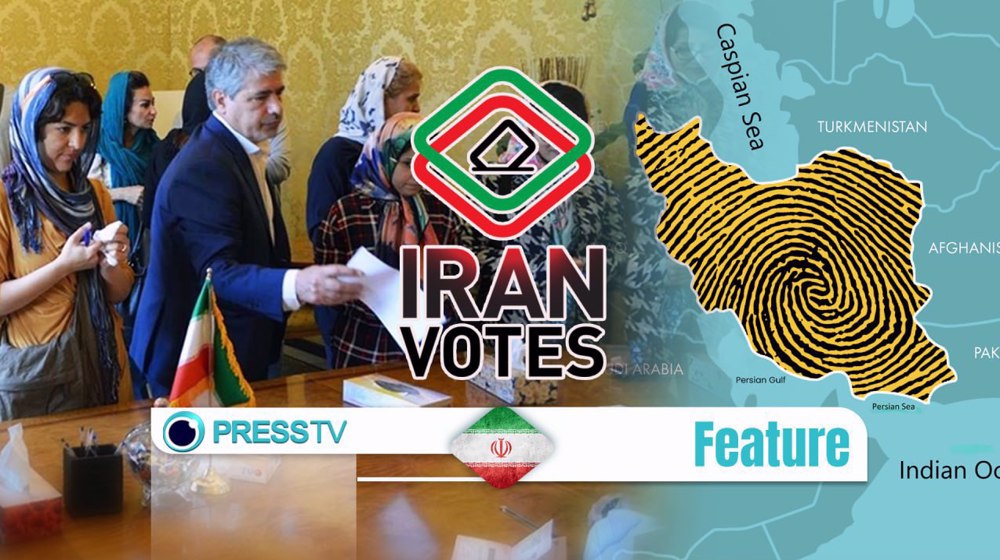
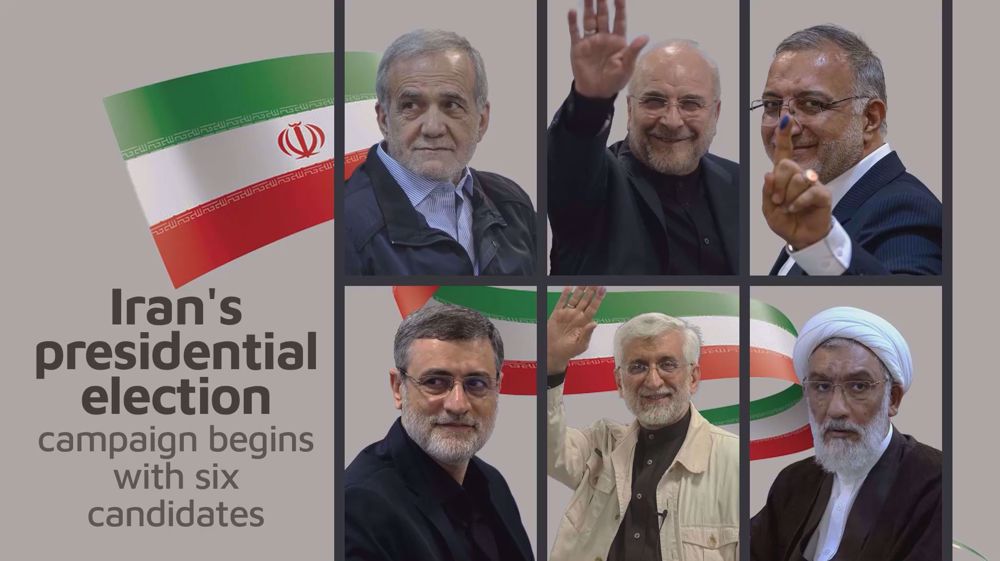

 This makes it easy to access the Press TV website
This makes it easy to access the Press TV website